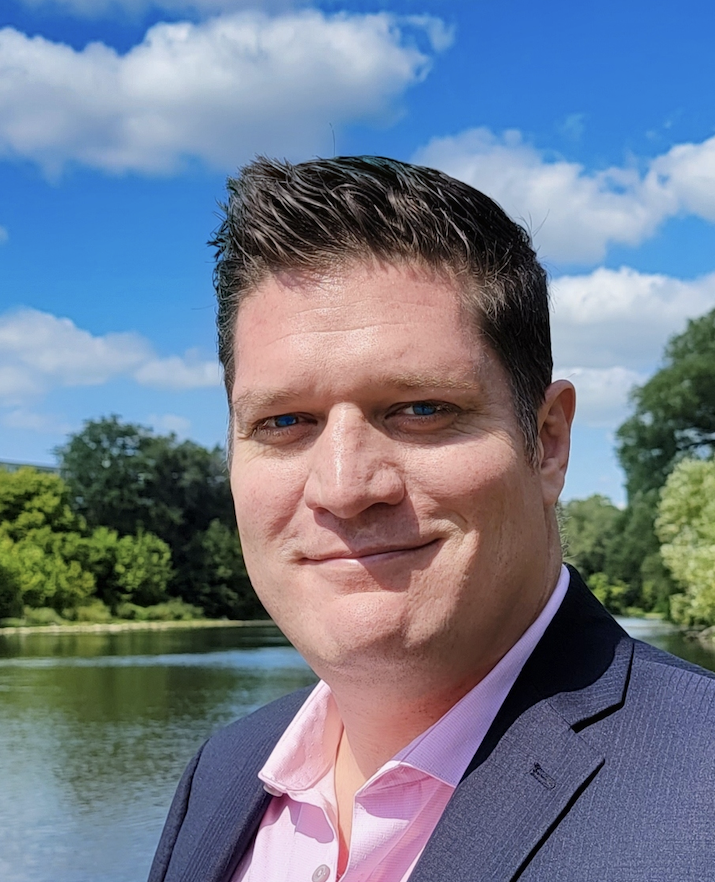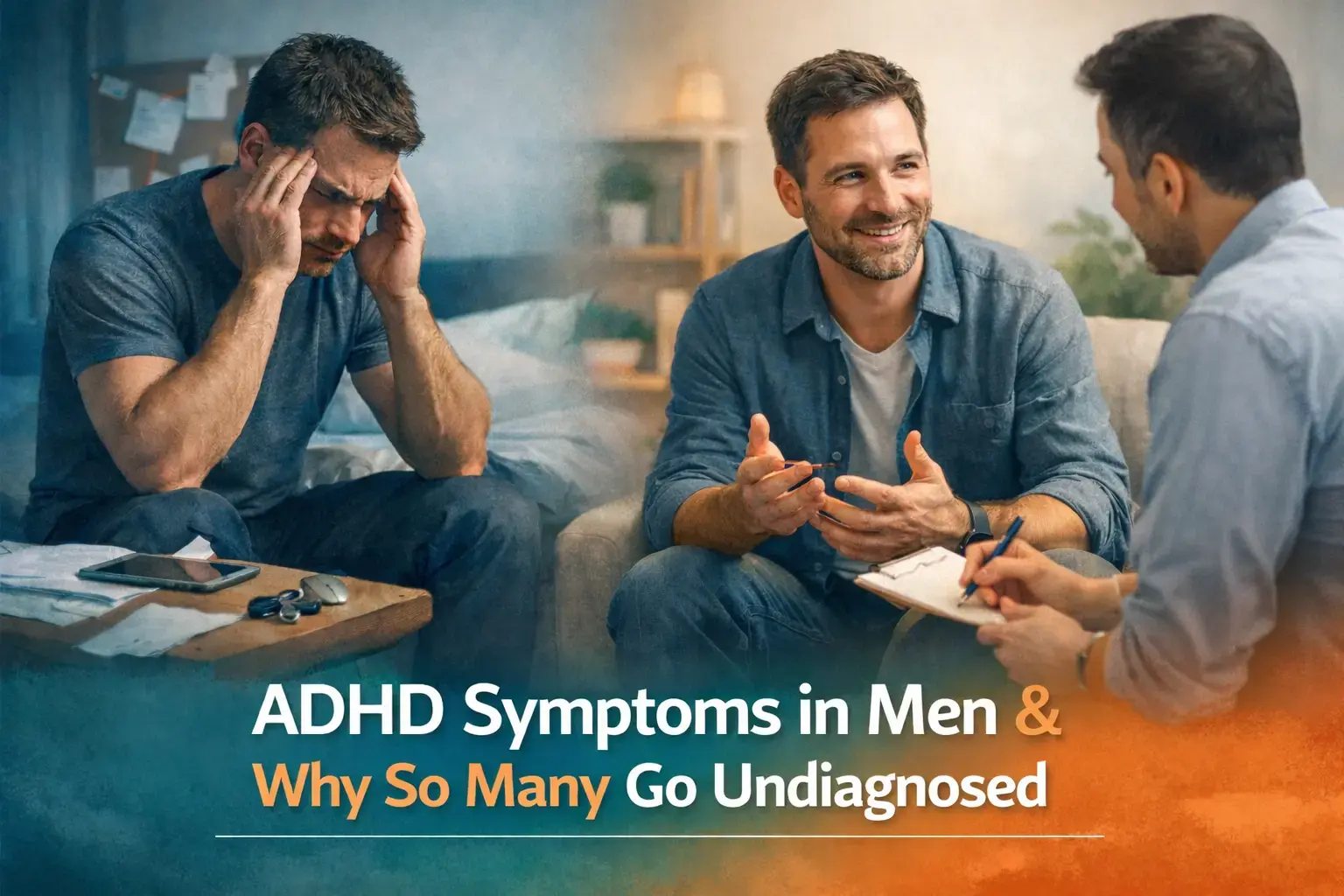Substance Use & Neurodivergence: Strategies for Healthier Coping
“People need to see that, far from being the problem, addiction is often the solution.” – Gabor Maté

Substance Use and Neurodivergence
I recall my younger years when every social event felt like an overwhelming flood of noise, bright lights, and social interactions that left me drained. I didn’t have the language to explain why I felt that way, nor did I understand that my neurodivergence played a role. All I knew was that after a night out, it took me hours—sometimes days—to regulate my nervous system. At some point, I started telling myself, This drink helps me relax.
(If substance use has become a coping strategy for ADHD overwhelm, my late-diagnosed ADHD support page may help you explore healthier alternatives.)
And for a while, it did. Alcohol became my go-to for social ease, a temporary escape from the exhaustion of masking my discomfort. What started as an occasional way to take the edge off turned into something I leaned on more frequently, almost like a subconscious survival mechanism. It was only when I realized I was drinking to cope rather than to enjoy that I started questioning my relationship with substances.
Many neurodivergent individuals experience a similar dynamic. Whether living with autism, ADHD, AuDHD, or other neurodivergent conditions, substance use often becomes a tool for temporary relief, self-medication, or social camouflage. While it can feel like a solution in the short term, reliance on substances can create a cycle that’s difficult to break, particularly when the underlying sensory, emotional, and social challenges remain unaddressed.
This blog will explore why neurodivergent individuals turn to substances, why change can feel so difficult, and how harm reduction strategies can be a valuable first step toward a healthier relationship with substances and potentially abstinence.
You may also relate to the overwhelm themes explored in Why Rest Is Productive.
Why Do Neurodivergent Individuals Turn to Substances?
For many neurodivergent individuals, the world can feel overwhelming, unpredictable, and exhausting. Substances can offer a sense of control, relief, or escape, whether from sensory overload, emotional distress, or social pressure. Here are some common reasons why neurodivergent individuals may turn to substances:
Self-medication for Emotional or Sensory Regulation
People with ADHD, autism, and AuDHD often struggle with sensory processing, emotional dysregulation, and hyperactivity. Substances like alcohol, cannabis, stimulants, or sedatives may offer a temporary fix by either numbing the discomfort or enhancing focus and stimulation. While these substances may seem to help in the moment, they don’t address the root of the distress and often lead to dependency or unintended consequences.
Social Pressure and the Need to Fit In
Many neurodivergent individuals struggle with social interactions and may feel disconnected from neurotypical peers. Drinking or using substances in social settings can seem like an easy way to blend in, feel included, and suppress social anxiety. Masking neurodivergence is already exhausting; substances can momentarily dull the discomfort of pretending to be someone you’re not.
Relief from Overstimulation or Under-Stimulation
For those who experience sensory overload, substances that depress the nervous system (like alcohol or cannabis) can help turn down the intensity of external stimuli. On the flip side, those with ADHD or executive function challenges may seek stimulants (such as caffeine, nicotine, or harder drugs) to provide the dopamine boost they struggle to access naturally. This self-medicating cycle makes it harder to self-regulate without external aid.
Which environmental or social triggers push me to use substances, and can I modify or avoid these triggers?
Lack of Accessible Support or Late Diagnosis
A significant number of neurodivergent individuals are undiagnosed or misdiagnosed for years, if not decades. Without access to accommodations, therapy, or self-understanding, substances can feel like the only reliable coping mechanism available. The world isn’t built for neurodivergent minds, and when systemic support is absent, self-medication often fills the void.
Why Is It Hard to Change? The Role of Positive and Negative Reinforcement
One of the biggest obstacles in shifting substance use is ambivalence—a conflicted state of seeing both the problems a substance creates and the benefits it provides. We may logically understand that substance use has downsides, but at the same time, we fear losing the relief it provides.
This ambivalence is reinforced through both positive and negative reinforcement cycles:
- Positive Reinforcement: When a substance reduces anxiety, enhances social comfort, or numbs discomfort, the brain registers it as a rewarding experience, making future use more likely.
- Negative Reinforcement: When stopping substance use brings withdrawal, increased anxiety, or social isolation, the absence of the substance feels worse than continuing to use it, reinforcing reliance on it.
This cycle makes it difficult to take the first step toward change, even when we recognize that substance use is interfering with our long-term well-being.
How do I balance the short-term relief of substance use with my long-term goals?
Exploring Harm Reduction: A Gentle Approach to Change
Not everyone is ready—or even wants—to quit substances completely. Harm reduction is a nonjudgmental approach that acknowledges that small, intentional changes can make a significant difference. Instead of an all-or-nothing mindset, harm reduction focuses on:
- Safer Consumption: Avoiding mixing substances, staying hydrated, using clean equipment.
- Setting Limits: Drinking only on weekends, choosing lower-potency options, reducing frequency.
- Alternative Coping Tools: Using mindfulness, sensory regulation techniques, grounding exercises, movement, or creative outlets to address discomfort without substances.
Rather than forcing rapid change, harm reduction can help with making small changes over time and provides flexibility and control over the process.
Am I open to exploring harm reduction or seeking therapy even if I’m not ready to quit entirely?
(Autistic adults also rely on coping strategies for sensory and emotional overload—more is explored on my lived-experience autistic support page.)
Building Healthier Coping Strategies for Neurodivergent Needs
For neurodivergent individuals, finding personalized coping strategies is key. Here are some approaches that align with neurodivergent sensory and emotional needs:
- Sensory-Friendly Adjustments: Use noise-cancelling headphones, weighted blankets, or sensory-friendly spaces instead of numbing discomfort with substances.
- Mindfulness & Grounding Techniques: Practicing progressive muscle relaxation, paced breathing, or sensory-based mindfulness exercises to self-regulate.
- Structured Routines & Energy Management: Using scheduled downtime, structured plans, and sleep hygiene to stabilize mood and reduce impulsivity toward substance use.
- Community & Peer Support: Connect with neurodivergent-friendly support groups that can include anonymous groups that support and provide validation and practical advice without stigma.
- Neurodiversity-Affirming Therapy: Seeking therapists who understand neurodivergence ensures that strategies are tailored to individual needs rather than forcing neurotypical expectations]
Who in my life can provide nonjudgmental support during this transition?'
If trauma contributes to coping patterns, you may appreciate Trauma-Informed Care for ND Adults.
For a long time, I saw my substance use as just another routine in my life, something I turned to for a quick break from overstimulation or social awkwardness. I’d start on a slippery slope, down a drink or reach for a quick fix, and tell myself I was simply taking the edge off my frayed nerves. But when I began noticing how much energy I spent recovering from these “quick fixes”, the hangovers, the emotional crashes, the regret and remorse, I realized these habits were no longer just background noise. They were becoming my main soundtrack.
That was when I started questioning whether I was genuinely taking care of myself or just numbing the parts of life that felt too intense. Recognizing this gap was both unsettling and empowering. It reminded me that while substances might soothe my neurodivergent stressors for a moment, they were ultimately undermining the self-acceptance and well-being I was working so hard to cultivate. Through therapy, gentle self-inquiry, and a willingness to explore harm reduction, I began to see that small, intentional steps—like finding sensory-friendly spaces, practicing mindfulness, and reaching out for support—could help me reclaim both my autonomy and my authenticity.
How do I define “success” in changing my substance use? What small signs indicate I’m moving in the right direction?
Your Journey, Your Pace
Substance use is often a response to an overwhelming world, one that doesn’t always accommodate neurodivergent needs. Making changes can feel daunting, but even the smallest steps, whether cutting back, building alternative coping strategies, or finding new forms of support, are meaningful.
You deserve strategies honouring your neurodivergent wiring while supporting your well-being and self-compassion.
Remember, every step you take toward a healthier path is a victory.
“Change is hard at first, messy in the middle, and gorgeous at the end.”
Robin Sharma
Navigating substance use and behavioural addiction as a neurodivergent person comes with unique challenges. Many of us turn to substances or repetitive behaviours not out of recklessness but as a means of self-regulation, sensory management, emotional coping, or social masking. When these coping mechanisms become entrenched, breaking the cycle can feel overwhelming, especially in a world that doesn’t always understand neurodivergent needs.
Change takes time, and small steps can make a meaningful difference. If these ideas resonate with you, consider exploring further resources or connecting with communities that understand the unique intersection of neurodivergence and substance use. Embracing new coping strategies and compassionate self-reflection can help you move toward a more balanced, fulfilling life.
Final Words
Navigating life as a neurodivergent man has unique challenges, but you are not alone in this experience. If aspects of this blog resonate with you, consider reflecting on the patterns that shape your relationships, self-perception, and emotional well-being. Your experiences are valid, and finding ways to honour your authentic self while managing the pressures of societal expectations is an ongoing journey, one that you deserve to navigate with self-compassion and acceptance.
Warmly,
Michael
“The curious paradox is that when I accept myself just as I am, then I can change.” – Carl Rogers
Navigating life as a neurodivergent man can come with challenges, whether balancing social expectations, managing executive functioning, or simply finding spaces where you feel truly understood.
If these coping patterns feel familiar, you may find support on my page for late-diagnosed ADHD counselling.
FAQ Section: I'm ready to make a change; what do I need to know?
Q1: Where should I start if I’m unsure how to proceed?
Answer: Small steps matter. Experiment with harm reduction (like spacing out drinks or using smaller amounts) and consider seeking advice from a mental health professional specializing in neurodiversity.
Q2: How do I find the right professional support?
Answer: Look for counsellors or therapists with experience in both neurodivergent conditions and substance use. Use online directories (Psychology Today), or even word-of-mouth recommendations can point you in the right direction.
Q3: What if I relapse or return to my old patterns?
Answer: Relapse can be part of the recovery journey, not its end. Reflect on triggers. Were you overstimulated, isolated, or under excessive stress? Adjust your plan accordingly and seek additional support if needed.
Q4: Is therapy beneficial even if I’m not ready to quit entirely?
Answer: Absolutely. Therapists specializing in harm reduction or motivational interviewing can help you develop healthier coping mechanisms without demanding total sobriety right away.
Q5: How do I handle peer pressure or social expectations to drink?
Answer: Consider assertive communication and boundary setting. Politely decline or suggest non-alcoholic options. If possible, socialize with people who respect your choices.
Q6: Can group therapy or online support help if I feel isolated?
Answer: Yes. Group settings—especially those tailored to or accepting of autistic or ADHD adults—can provide community, empathy, and practical tips for navigating substance use challenges.
If you’d like to understand more about my approach to supporting neurodivergent adults exploring their relationship with substances, you can visit my Services page to learn more about my specialized services for neurodivergent mental health and resilience
If substance use is part of your story and you’re seeking clarity or support, you can reach out through my contact page to explore therapy.
Or stay on the blog and learn more about ADHD, Autism, and Giftedness.
You may find the following two blog posts helpful: Trauma-Informed Care for Neurodivergent Adults and Why Rest Is Productive.

Resources:
Attwood, T. (2007). The complete guide to Asperger’s syndrome. Jessica Kingsley Publishers.
Hari, J. (2015). Chasing the scream: The first and last days of the war on drugs. Bloomsbury.
Maté, G., & Maté, D. (2022). The myth of normal: Trauma, illness, and healing in a toxic culture. Avery, an imprint of Penguin Random House.
Blog Disclaimer:
Personal Anecdotes and Confidentiality
You may encounter personal anecdotes within the content. These stories illustrate concepts and foster a sense of connection. Details have been changed to protect confidentiality, ensuring that no identifying information is shared. I often use these personal anecdotes to convey ideas while safeguarding individuals' privacy. However, it’s important to remember that everyone’s journey is unique, and what works for one person may not work for another.
Disclaimer
Please note that the information shared here is for informational purposes only and is not a substitute for professional medical advice, diagnosis, or treatment. Always consult with a qualified healthcare provider regarding any medical concerns or conditions you may have.
Given the diversity of life experiences, not all messages may resonate with everyone. This blog is not a substitute for professional mental health care. For specialized guidance, consult a licensed professional.
Psychotherapy services are available to residents of Ontario. Please get in touch with me for more information about my practice and to schedule a complimentary 20-minute consultation.
We hope you will find these resources beneficial as you pursue a more authentic and fulfilling life.

Michael Holker HBA, BSW, MSW
Michael Holker, MSW, RSW, is the compassionate heart behind Becoming Yourself Counselling. Discovering his own neurodivergence later in life shaped his existential, humanistic, and strengths-based approach to therapy. Guided by his lived experience, Michael helps neurodivergent individuals move beyond self-criticism toward self-understanding, self-compassion, and self-acceptance. His work invites clients to honour their journeys, embrace their resilience, and reconnect with their authentic selves, cultivating a life of greater alignment and meaning.


